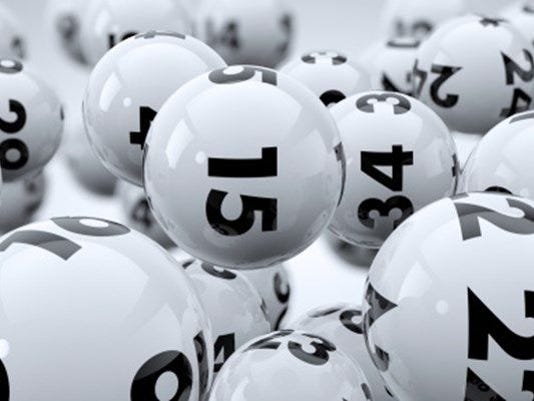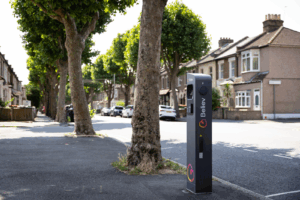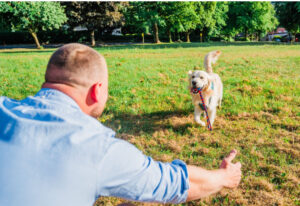What Would Brits Do If They Won the Lottery?

What would you do if you won the lottery? That’s the question millions of Brits ask their partners and friends all year around.
Last year, the National Lottery created 383 millionaires. The biggest win in the UK that year was £177 million on the EuroMillions in November, but this wasn’t the largest prize ever won.
With this in mind, the team at OLBG decided to survey 1,500 Brits to find out what they would actually do with their winnings and if there were any disparities between regions.
What would Brits buy first?
The survey asked Brits what they would be the first thing they would spend their money on if they won the lottery:
Rank
First thing they would spend on
% of Respondents
1
A house
40%
2
A holiday
20%
3
Investing
13%
4
Saving for the future
10%
5
A car
6%
6
Paying off debts
5%
7
Charity donations
4%
8
Luxury items (bags, watches,etc.)
1%
Unsurprisingly, Brits would favour twice as much purchasing a house (40%) than booking a holiday (20%). Overall, nearly one in four Brits would still put money aside through either investing or saving accounts. 5% of respondents mentioned paying for their family’s education fees/student debt, whilst 4% would make a donation to charity.
All the respondents from Sunderland claimed they would prioritise buying a house or a car over anything else, if they won the £10M. Kingston upon Hull (69%), and Dundee (67%) came second and third respectively, highlighting the struggles to buy a house in the North East of the UK, and Scotland.
When it comes to investing or putting their winnings into a savings account, respondents based in Lisburn ranked first (50%), followed by Durham (39%), London and Manchester (35), and Bradford (32%).
The cities that are more inclined to spend their winnings on booking a holiday and buying luxury iteams are Warrington (50%), Wolverhamption (41%), and Edinburgh (37%).
How charitable are Brits?
When asked whether they would donate some of their winnings to charity, almost 1 in 4 Northern Irish people responded that they would. In most other regions, 1 in 10 would give to charity whereas Scotland and West Midlands would be the most reluctant to do so.
Whilst they may be amongst the least inclined to give to charity organisations, Scottish people turn out to be the most generous when it comes to taking care of their close friends and family.
On average, Scots would give over £79.5K per family member if they won £10m, whilst people living in Eastern England would give just over £75.1K. On the flip side, Londoners are the tightest when it comes to donating their winning (£53.4K), followed by the Northern Irish (£56.6K) and West Midlands (£60.6K).
On a city level, York and Lisburn ranked joint first as the most charitable city in the UK, with 1 in 4 respondents admitting they would make donations to charity before spending any of their winnings elsewhere, Dudley (17%), Swansea (12%), and Walsall (11%) complete the top 5.
Brits also have fears around winning
Winning the lottery can change someone’s life for good, but also comes with some drawbacks. Brits were asked about their fears around winning and how it would impact their life in the long run.
The results of the study show that almost half (47%) of Welsh people and Londoners would quit their job if they won the lottery, whilst only 28% of people from Yorkshire and Humberside would ditch their current employment if they won the £10m.
When it comes to fears around winning, 42% of respondents admitted they would feel overwhelmed by unwanted attention if they won a large sum of money, whilst 1 in 4 (25%) thought it would damage their family relationship.
Almost 2 in 5 (39%) would be scared to attract scams and 32% fear they would become a target of theft, highlighting that it would complicate their life more than anything.
Finally, Brits are also scared about the thought of having to manage such large sums of money (16%), and nearly 1 in 5 are (19%) are scared they’ll make poor investment or spending decisions.




